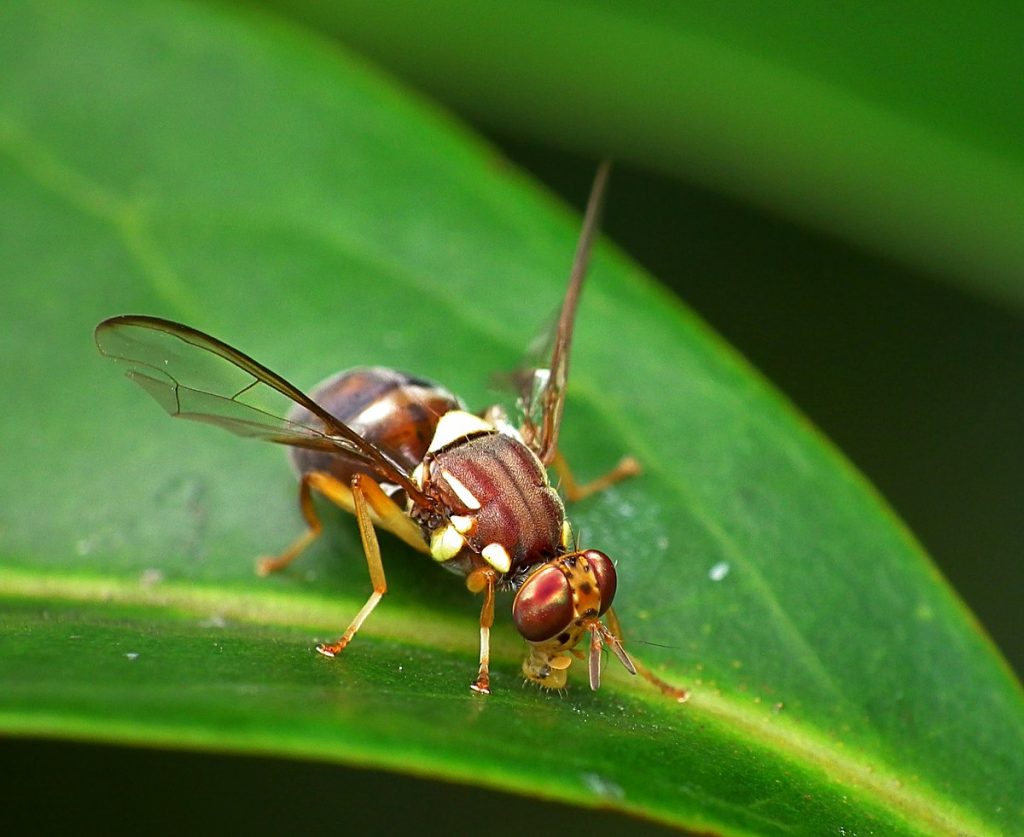NZ on alert after two fruit fly detections in Auckland

New Zealand authorities have stepped up their response following the second detection of fruit fly, which is of a different species to the first finding.
A Queensland fruit fly was spotted in the Devonport area of Auckland last week, and a 'facialis' fruit fly was detected in the Auckland suburb of Otara earlier this week.
Stu Hutchings, chief executive at Kiwifruit Vine Health and chair of the Fruit Fly Council, told FreshFruitPortal.com that at this stage there is no indication there is an incursion.
"A response has been set up by Biosecurity New Zealand and is underway with the support of the horticultural industry. Starting Tuesday afternoon, more traps are being set in the area around the find and the movement of fruit and vegetables has been restricted to stop the spread of any other facialis fruit flies that may be in the area. Information is being distributed to the public," he said.
The restrictions with the second detection are the same as with the Devonport Queensland fruit fly – whole fresh fruit and vegetables (except for leafy vegetables and root vegetables) cannot be moved outside of the A Zone of the Controlled Area, which extends 200 meters. This is out from where the fly was found. Home-grown vegetables cannot be moved out of a wider B Zone.
"If there are no further detections, the operation is expected to last two-three weeks," he said.
A breeding population of any unwanted pest is what is normally considered an incursion, he said, adding that the measures currently in place restricting fruit and vegetable movement is a precaution to prevent the spread of any fruit flies out of the area in the event a population is there.
The Queensland Fruit Fly has been detected six times before in northern New Zealand – in Whangarei and in Auckland. Of these detections, only one, in Auckland in 2015, turned out to be part of a wider breeding population and this was successfully eradicated.
There are currently no requirements for additional checks on fruit and vegetable exports from the country, and Hutchings said that Biosecurity New Zealand is working closely with international trading partners to minimize the risk to exporters.
He added that although in each case only a single, different, male fruit fly was found in routine surveillance traps, authorities are treating these detections with "the highest priority".
"We are confident the right processes and plans have been prepared and put in place and we fully support the work being undertaken by the response teams. We are closely involved, working alongside Biosecurity New Zealand," he said.








































